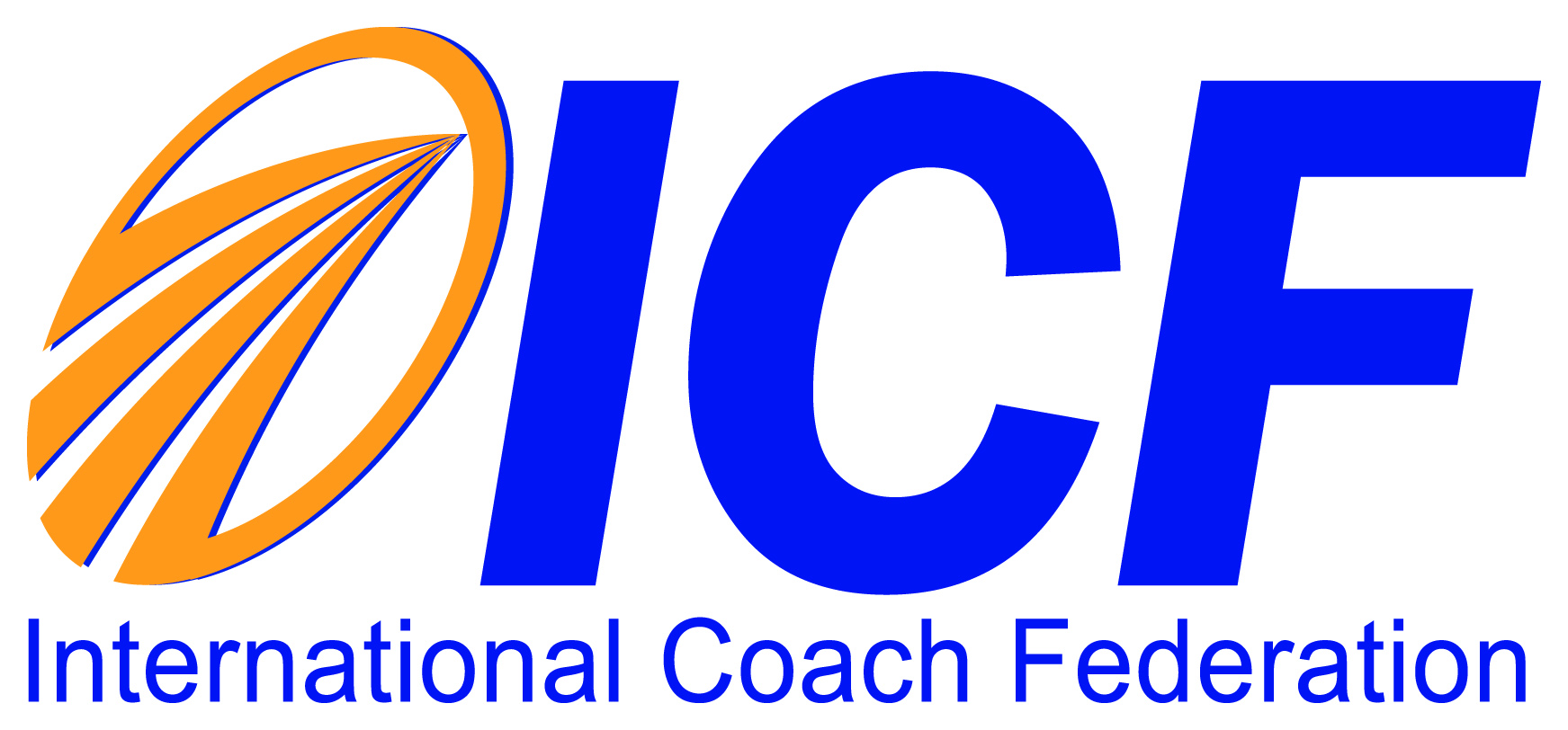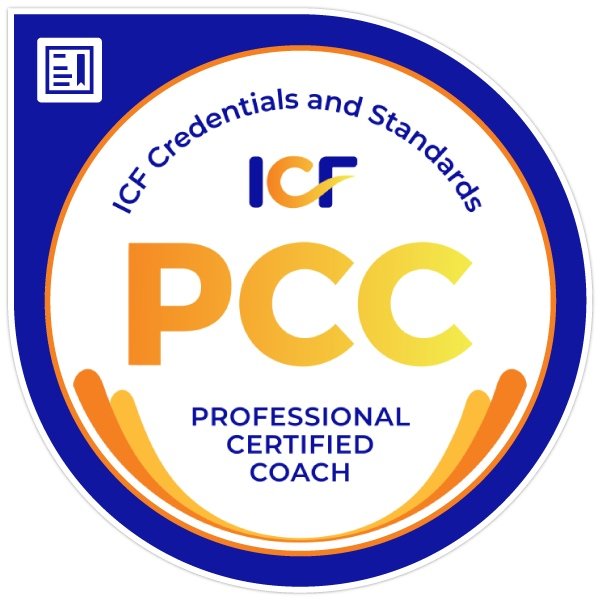Business School are a great place to learn if you’re a budding corporate warrior. You can start to build a network and get all kinds of valuable insights – about international marketing, budgeting, long-term strategy...
But, despite the best intentions of your teachers, there’s a swathe of important stuff you simply won’t get at Business School.
Such as...what to do when your facilities are hit by the “100-year flood” three times in the same year. Or a new technology undercuts your advantage. Or how to continue marketing your services when business travel has been shut down by a global pandemic..
These are situations which mostly can’t be legislated for - and therefore can’t be taught, or learned, at least not as specifics. They’re things that require you to think on your feet. To come up with new, workable ideas in the midst of a crisis, with only incomplete information to guide you.
There’s no diploma in being adaptable or resilient. This is about you and your inner resourcefulness. It’s more about your state of being – how you respond to a situation - than your state of knowing.
But why be concerned about such unlikely events, you might ask, when by definition they’re hardly ever going to happen?
Well, one reason is the evidence suggests these “unlikely” events keep on turning up...in fact they are doing so at an ever-increasing rate. It’s part of a phenomenon that sociologists have dubbed “VUCA” – the escalating Volatility, Uncertainty, Complexity and Ambiguity of the world around us. We’re being hit by a number of global trends which have come together all at once to cause a quite unprecedented flux. Influences such as climate change, digitalization, Artificial Intelligence, Genetic Engineering, the social media revolution, global migration, gender politics...and many more.
If this sounds challenging, it is! And it will be for as far ahead as we can see. But inherent in the challenges are huge opportunities for renewal and development, if we can approach this VUCA world in the right way.
What’s needed? We need leaders who can work outside the usual decision-making tramlines, who can develop the necessary flexibility and adaptability to cope with escalating change. As Stanford professor O’Reilly and colleagues have pointed out, adaptive organizational cultures encourage the “ability to spot unique opportunities and fast decision making and execution”.[1] Our future leaders will need to be agile, in the broadest sense. But by “leaders” we don’t just mean the elite cohort of old. Part of the change is that leadership itself is being re-invented. Leadership is becoming a verb, not a noun. It’s no longer about our job title. It’s about what we do, how we take responsibility, whoever we are, wherever we sit in an organization, and whatever situation we find ourselves in. It’s about being MAD – Making A Difference - wherever we can bring our skills and qualities to bear in an effective way, as expounded by Professor Rune Todnem By in his 2019 TEDx Talk. This is just one aspect of the changes the tidal wave of VUCA is ushering in.
How can we build the leadership qualities we need to meet this challenge?
We’re not talking here about new knowledge, but rather about new mindsets – or to put it another way, building new neural pathways. Pathways that allow us to be more present and focused in the face of highly unpredictable circumstances. That allow us to source ideas and “create from nothing” solutions that can lead us forward. That prompt us to tap the collective knowledge of people around us, often in quite informal and creative ways.
This isn’t going to happen overnight. It needs a concerted effort to “re-wire”, involving repeated exposure to the kind of learning experiences we need to be influenced by. Specifically, what might these be?
One obvious area is mindfulness training, which expands our capacity to stay present and focused as events unfold around us. This is a relatively simple practice which can be initiated through direct contact with a trainer, or by accessing the various online or recorded resources available. The main ingredient for success here is the willingness to apply ourselves and stick with the programme, gradually re-orientating ourselves over time.
Another important avenue is improvisational thinking, which can help us to develop more expansive and adaptive processes of thought. Of course this doesn’t mean abandoning a structured and disciplined approach, but rather that we expand the range of our possible responses – widen the bandwidth of our capabilities – to take in more adaptive behaviours. There is a wealth of material from improvisational theatre, for example, which does just that. One approach involves using improvisation games to stimulate innovative and creative dialogues within teams. Instead of using the traditional analytical – and hence reductive – approach to dialogue, the challenge is to build on each previous suggestion in a positive way, to embrace and incorporate each new idea and see what new perspectives and understandings arise. We can call this the “Team Jazz” approach. Participants usually have a lot of fun in these sessions...but there is nevertheless a very serious underlying intention.
Again, improvisational thinking doesn’t develop overnight, and there is a need to keep revisiting the kind of experiences these sessions can create. But once the seed takes root it can begin to develop independently, as the culture of an organization begins to change.
We have exciting challenges ahead! And we need to commit resources to enable all of us – each in our own sphere of leadership – to rise to these challenges. As we said in the beginning, most Business Schools don’t yet offer the kind of experiential, mindset-changing programmes that we need. But as the “VUCA” future unfolds, the demand can only keep rising...
[1] O’Reilly et al., “Parsing Organizational Culture”, Journal of organizational behavior, 2014






